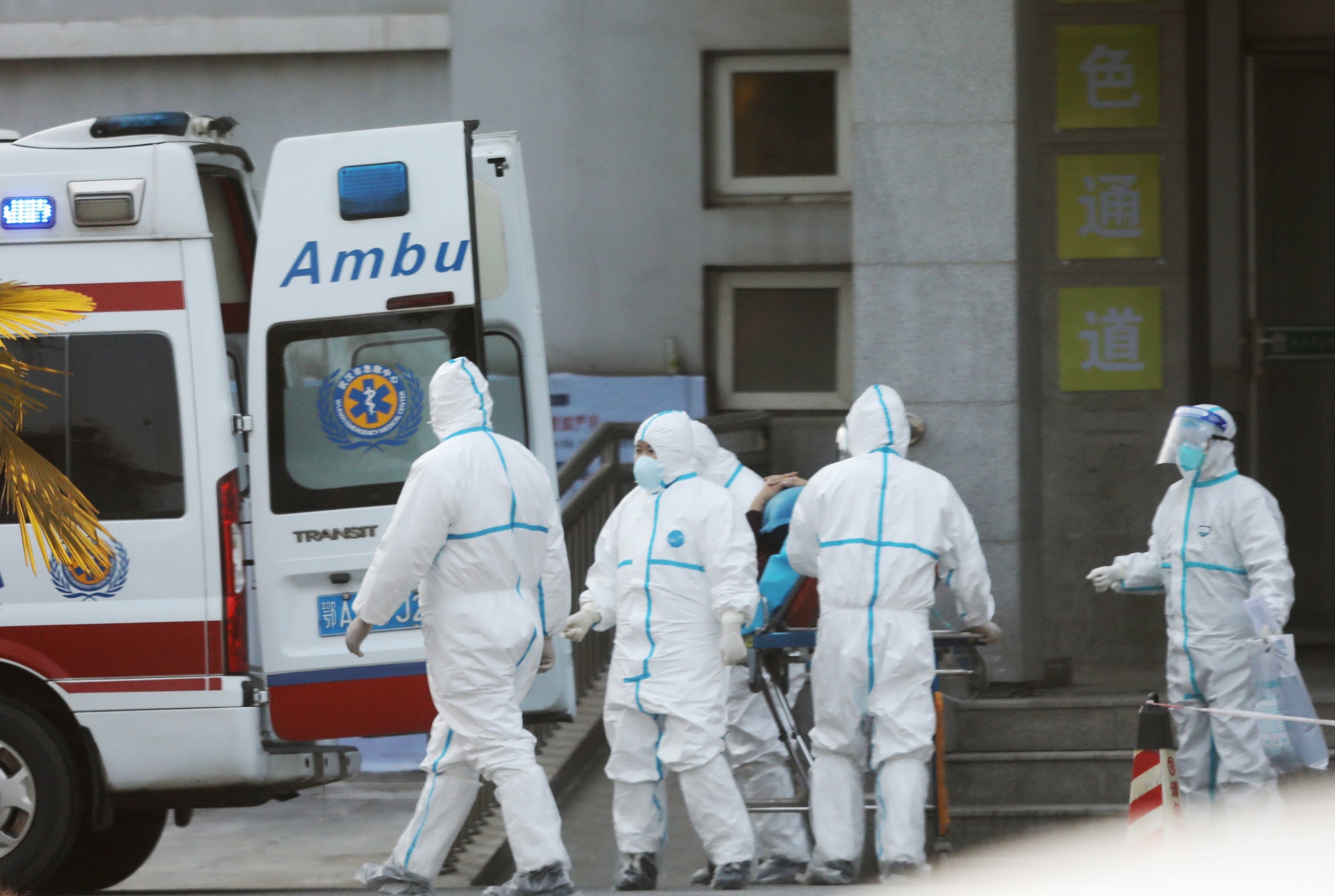China consumer prices rose at their highest rate in more than eight years, official data showed Monday, with inflation more than expected on the back of Lunar New Year demand and a deadly virus outbreak.
Beijing had already been battling a slowing domestic economy before the new coronavirus emerged, disrupting businesses, travel and supply chains.
The consumer price index (CPI), a key gauge of retail inflation, came in at 5.4 percent last month on-year, up from 4.5 percent in December — with prices of pork and fresh vegetables pushing up costs.
Food prices spiked 20.6 percent.
The overall monthly figure exceeded the 4.9 percent forecast by analysts in a Bloomberg survey and is the highest since October 2011.
“The year-on-year increase has been affected not only by Spring Festival-related factors but… by the new coronavirus as well,” said the National Bureau of Statistics on Monday.
Analysts expect China’s struggle to contain the spread of the virus over the Lunar New Year holiday, which started in late January, to keep prices higher than usual.
“Some food supplies may spoil before shipping to large cities due to the disruption of transportation and other lockdown measures, especially for fruits, vegetables and livestock,” said Lu Ting of Nomura in a research note last Thursday.
“People also tend to hoard food and other supplies in this kind of situation. The hoarding will most likely push up prices.”
The virus has so far claimed more than 900 lives in China.
The rise in January was the highest since October 2011 when CPI inflation was 5.5 percent, .
UOB’s head of research Suan Teck Kin told AFP that while prices tend to fall after the Lunar New Year break, “this year, prices may continue to stay high” because of supply chain disruptions.
Over the past year, a spike in pork prices due to African Swine Fever, which ravaged pig herds across the country, had also driven up CPI.
The rise slowed in December as officials released pork reserves to ease the strain on supplies ahead of the holidays, a peak period for consumption.
Last month, pork prices rose 116 percent from a year ago, up from the 97 percent rise in December.
The on-month rise for pork was 8.5 percent.
– ‘Too soon’ –
The producer price index — an important barometer of the industrial sector that measures the cost of goods at the factory gate — rose 0.1 percent in January.
It had fallen 0.5 percent in December.
But analysts expect factory-gate prices to take a hit the following month.
The coronavirus outbreak seems to have had little impact on producer price inflation last month, said Julian Evans-Pritchard, senior China economist at Capital Economics.
“But it may simply be too soon to see the impact of the hit to demand on prices as factories were closed during the last week of the month due to the Chinese New Year holiday,” he added.
“Recent moves in commodity prices suggest that we will see more of a drag on factory-gate prices this month.”
Even if the situation improves, he said, it is likely that China’s central bank will focus on the risks from slower growth and face further pressure to loosen monetary policy further.

 Join Daily Trust WhatsApp Community For Quick Access To News and Happenings Around You.
Join Daily Trust WhatsApp Community For Quick Access To News and Happenings Around You.


